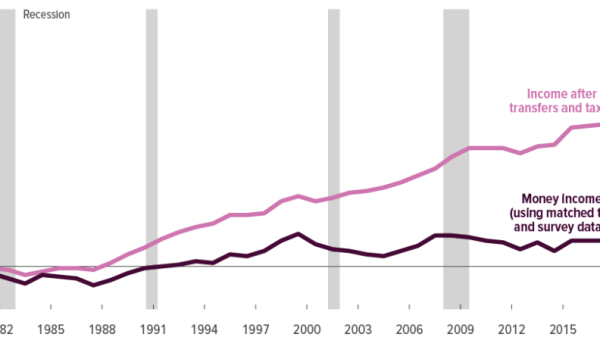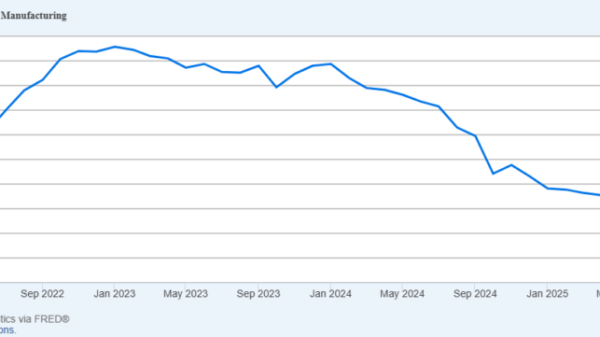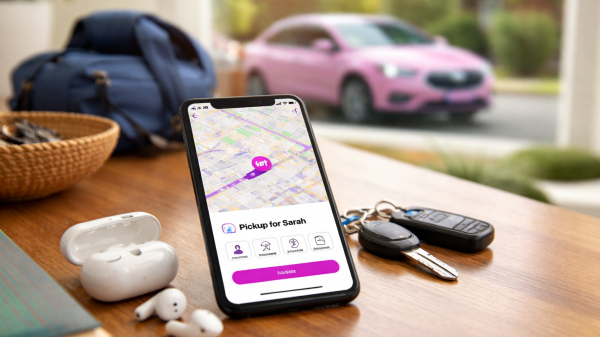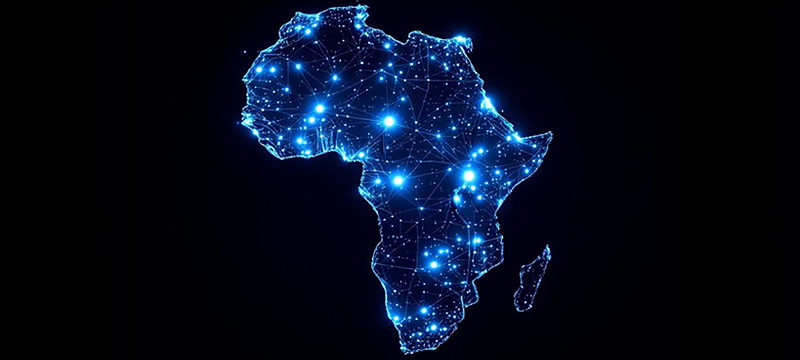Borderless IoT is key to unlocking Africa’s intra-trade growth, fixing connectivity gaps along critical freight routes.
Intra-African trade has the potential to double by 2035, but legacy approaches to connectivity along key road freight corridors are hampering delivery by Africa’s logistics providers.
This is according to Peter Walsh, MD of IoT connectivity service provider CommsCloud, who says: “From Durban to Lusaka and beyond, Africa’s trade corridors keep economies moving. Yet for years, the critical IoT devices tracking cargo, fleets, and goods and enabling real-time communication have been hampered by network challenges, blackouts at borders, unreliable roaming, and high support requirements.”
“For African fleets and logistics, downtime isn’t just an inconvenience — it creates supply chain blind spots that can result in lost revenue, customer dissatisfaction, and could also be a business and safety risk. Fragmented data streams also impact AI and analytics, which thrive on uninterrupted data streams,” he says.
IoT crucial on the road
Africa’s fast-growing cross-border road freight transport market is pegged by Mordor Intelligence as standing at USD 9.81 billion this year and expected to top USD 12.02 billion by 2030. The African Continental Free Trade Area (AfCFTA) is expected to significantly increase this intra-African trade, creating even greater demand for efficient and digitally enabled road freight solutions.
For the categories with the fastest-growing CAGRs or high value cargo, such as wholesale and retail trade, precious metals, and temperature-controlled freight, digital integration is crucial for tracking, security of cargo and real-time temperature monitoring to ensure product quality and safety.
Beyond the need to track the location and temperature of goods, there has long been a gap in the market for SIMs that can manage high data IoT requirements for important applications like dashcams, push-to-talk radios and video streaming across borders and networks.
The struggle to stay connected
To stay connected, truckers typically rely on a limited number of mobile operators in each country, and attempt switching between networks where coverage is patchy.
Walsh explains: “A truck might use a dual SIM with access to one national network and one global network, but if either of those core networks go down, the vehicle could be offline. For uninterrupted connectivity, they need seamless access to multiple core networks.”
“To enable pan-African trade to deliver on its potential, African logistics corridors need infrastructure that supports borderless, high data IoT.”
Network integration on the move
Walsh believes the solution is to effectively integrate mobile networks across key African trade corridors, using SIMs that automatically connect IoT devices across mobile networks and regions.
“This is achieved by using multi-IMSI, multi-core network SIMs to overcome the challenge of patchy connectivity,” he says. He explains that unlike legacy SIMs that rely on a single International Mobile Subscriber Identity (IMSI) – a unique, globally recognised number – with a single Core Network or roaming agreement, multi-IMSI SIMs with autonomous failover across multiple core networks will ensure that devices stay online, even when crossing borders or moving through remote logistics corridors across Southern and Central Africa.
CommsCloud, in partnership with global data network provider floLIVE, is using this approach to ensure that connectivity doesn’t stop at the border. The company has also partnered with carriers such as MTN Bayobab and Telecom Italia Sparkle, with the buying power and commercial agreements, to negotiate roaming agreements in all African countries, localise data traffic and offer high data volume plans at highly competitive rates.
Walsh says: “Africa’s trade has become borderless, and we believe connectivity on these trade routes should be too. Modern logistics demands that a truck leaving Lusaka and arriving in Durban stays online throughout the journey, with no resets or roaming bill shocks, so logistics organisations and customers can enjoy real-time visibility of cargo and assets, have fewer support escalations and focus on their operations.”
The post African trade routes need ‘borderless IoT’ appeared first on IoT Business News.


























